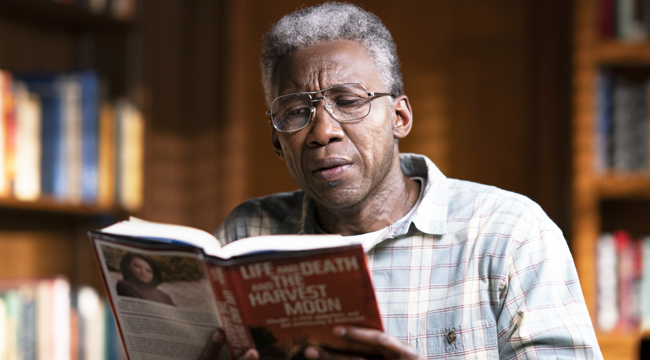
Welcome to our weekly breakdown of the minutia of Nic Pizzolatto’s True Detective. While Brian Grubb provides his always excellent coverage of the series (here’s his write-up of the finale), here — as we have in the past with Breaking Bad, Mad Men, Better Call Saul, and Mayans M.C. — we will look at some of the details viewers may have missed; references to other shows, movies or books; and theories on particular suspects. We scour Reddit threads, social media, and podcasts in an attempt to curate the best intel about each episode.
I have plenty of quibbles with the season finale of True Detective and I will get to them, but I think it’s important to state at the outset that, despite those grievances, the finale worked for the most part. I’d consider it a low-key success, and probably exactly the season that Nic Pizzolatto set out to make. It’s not necessarily Pizzolatto’s fault for consistently creating expectations for viewers that he cannot meet — he’s been trying to temper our expectations all season long. We weren’t listening. With Elisa’s documentary, he devoted an entire subplot to warning viewers about getting caught up in conspiracy theories. He told us that this is not the show we think it is, but many of us ignored him because we wanted it to be that show.
The problem is, Pizzolatto — as he did in the first season — provided all the necessary ingredients for a spectacular finale. We’ve mapped up a number of different plausible and exciting scenarios, as have others. However, we’ve all conditioned ourselves to expect the big twist that will blow our minds, but writers aren’t always interested in telling that kind of story. Pizzolatto never wanted to hide the ball; he didn’t want to trick the viewers and pull one over on us in the end. True Detective is not a Lindelofian creation or a Shyamalan mystery. It is first and foremost a character study; the mystery is secondary.
Ultimately, Pizzolatto wanted to tell a story about a man who used a murder case to bury his residual feelings from the Vietnam War but found himself replacing one emotional black hole with another. It took Wayne Hays until 1990 to climb out of it, but in his old age — while suffering from dementia — he fell back into the hole. There was nothing hidden in the timeline between 1990 and 2015, except a man leading a good life with his wife and family. The point of True Detective is not what happened to the case during those intervening years; the point is that Wayne Hays managed to move on and leave the case behind him for 25 years until a documentarian with a bunch of crackpot theories got inside his deteriorating mind and stirred up all these old memories again.
Seen from that perspective, season three of True Detective was a modest success. It’s a phenomenal character study brimming with thematic resonance featuring four Emmy-worthy performances from Mahershala Ali, Carmen Ejogo, Stephen Dorff, and Scoot McNairy.
Seen from the perspective of Reddit and social media and “Reading Too Much Into True Detective,” however, the finale was something of a letdown. It didn’t crash and burn exactly; it just ended up putting all the pieces we’d already laid out in our minds together while tossing a few pieces away. It was an 1000-piece puzzle, but Pizzolatto gave us 1,100 pieces. While we could have used those extra 100 pieces to create a lasting piece of art, Pizzolatto was content to paint a fine portrait of a man tracking the enemy in the jungles of Vietnam.
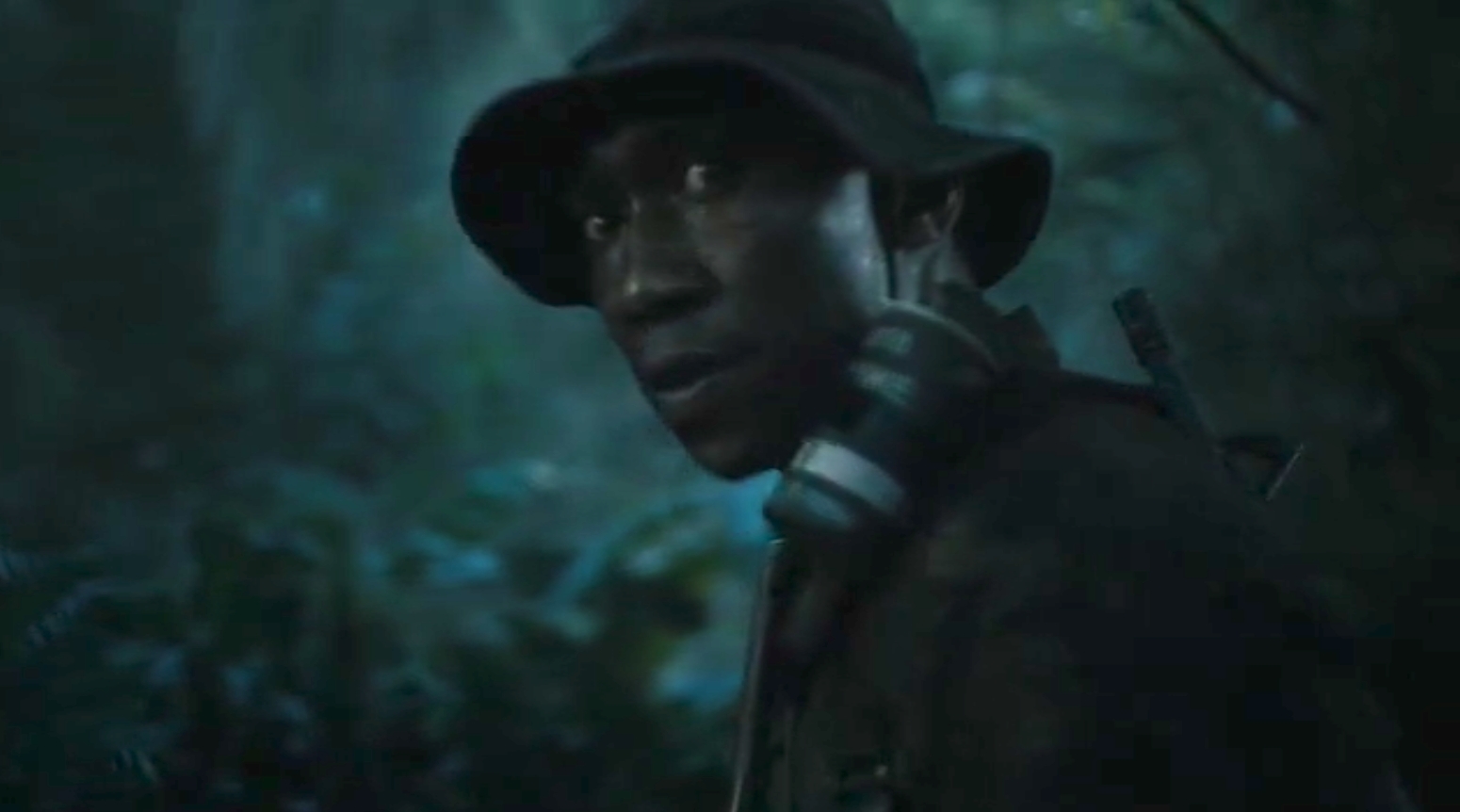
As for those grievances? Here’s an inexhaustive list:
The Dementia “Twist” — Finding out that Julie Purcell was still alive and gardening with her daughter in her modest home outside of Fayetteville was a nice, hopeful touch, which we should probably come to expect from True Detective finales, despite the grim path the first seven episodes of a season might lead us down. However, I have seen viewers interpret this scene two ways. In one, Wayne’s dementia just happens set in at the exact moment he confronted 37-year-old Julie Purcell. It is a bad coincidence, but it’s also a nice way to let the viewer know that Julie is still alive without upsetting her life. The other interpretation is that Wayne, after seeing that Julie is living her best life, used his dementia as an excuse not to disturb her by confronting her with a past she has clearly tried to forget. I like both interpretations, honestly, though I prefer the latter because it doesn’t ask the viewer to buy a huge coincidence, and because it tracks with Wayne’s own decision in 1990 to put his past behind him.
On the other hand, why show us the scene with Henry putting Julie’s address in his pocket if there’s never going to be any follow through? I know that Pizzolatto lobbied to add another 15 minutes to the finale, but that was 30 seconds it could have done without.
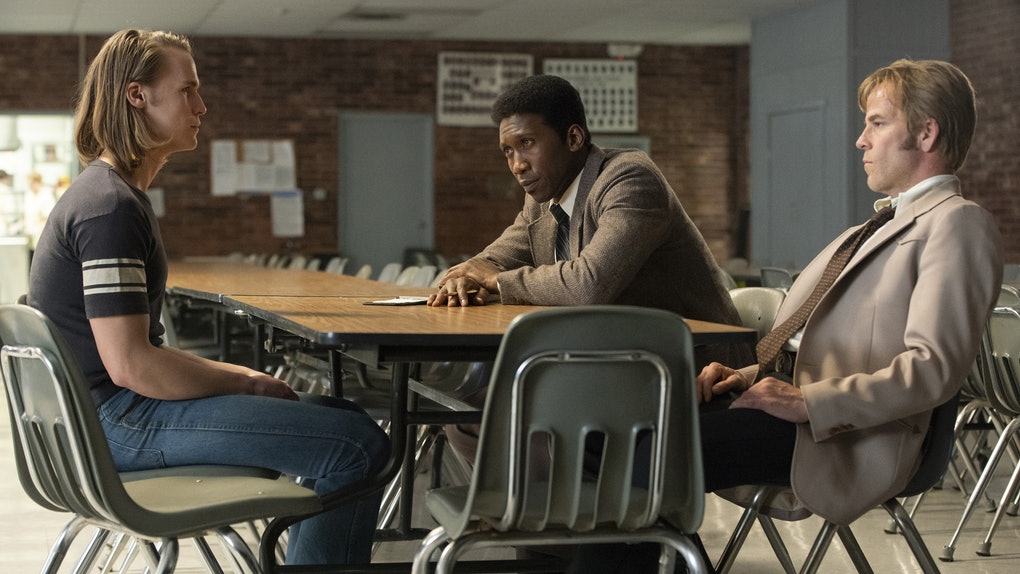
Freddy Burns — More than anything, it was the Freddy Burns scenes that annoyed me the most. I get the desire to allude to the Satanic Panic and the West Memphis Three given the era, but there were two scenes with Freddy Burns — one in 1980, and another in 1990 — where Freddy specifically stated that Will came hunting for Julie after Julie had already disappeared. Turns out that was true, according to Mr. June’s retelling, but only because Will was playing hide-and-seek with Julie. I thought that was a cheap way to not only cast Burns as a red herring, but to unfairly throw the viewer off the scent. Pizzolatto was his own worst enemy there, creating an expectation — a murder by a second actor — that he had no intention of satisfying.
Will’s Death — Likewise, while most of us had pieced together the who and why of Julie’s disappearance, Will’s death remained largely shrouded in mystery. Some of us theorized that Will had been killed in an accident while Julie was being abducted (I suggested as much, but assumed it was Harris James who had accidentally killed Will instead of Mr. June). I didn’t want it to be true because it’s so lame. He fell and hit his head? That’s your big finale? Why did Mr. June pose Will in that communion pose, anyway? It was another one of those big clues that amounted to nothing.
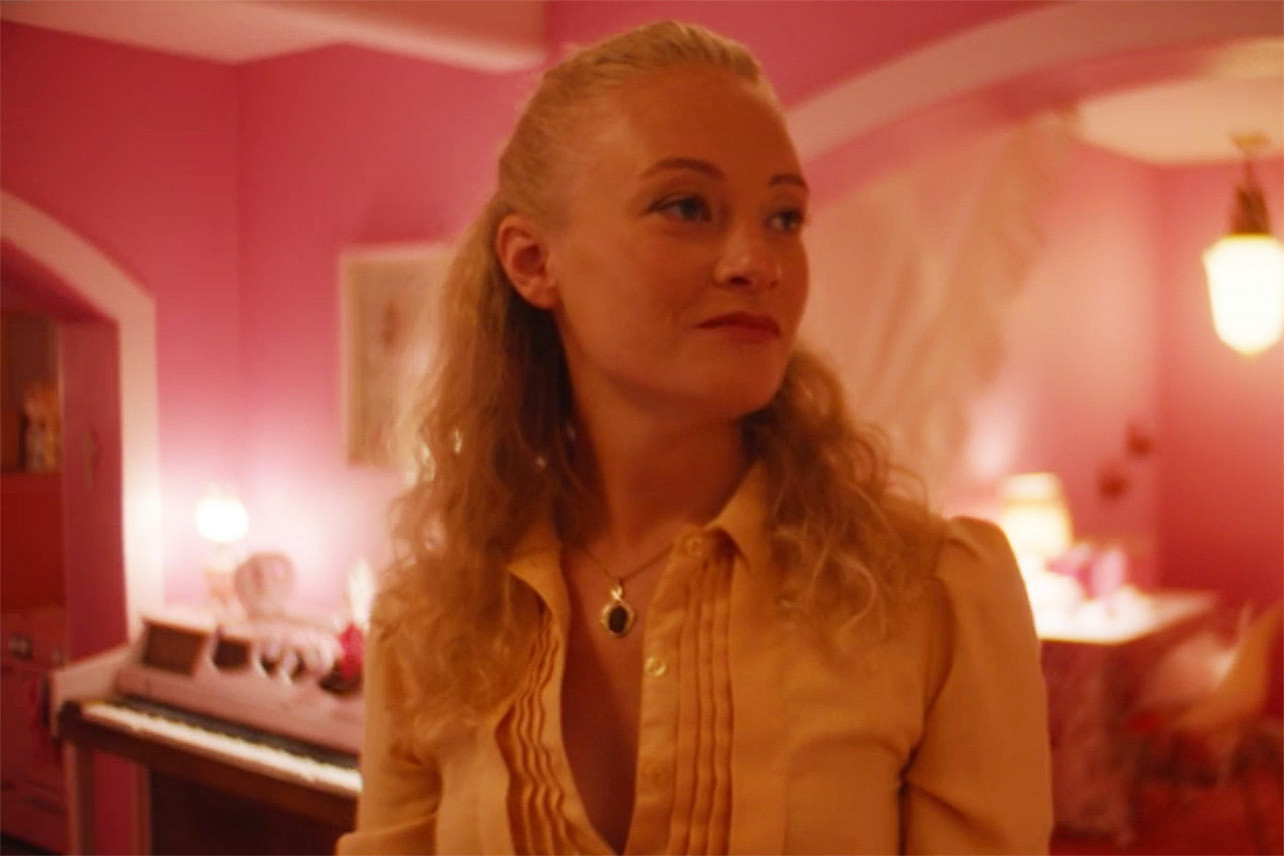
Isabel Hoyt — This is largely true of Mr. June and Edward Hoyt, as well, but it’s bad form to bury three of the four major characters involved in the disappearance of Julie Purcell and murder of Will. Isabel’s role in the abduction was the most significant but her screentime was the most minimal. She was the person who orchestrated the entire plan to abduct and adopt Julie, but we only saw a few glimpses of her. Likewise, aside from the one scene during Amelia’s 1990 book reading, Mr. June was absent until the very end when he came in and basically confessed the entire scheme and his involvement in it. He wasn’t exactly a character out of left field — the man with the smoky eye was frequently alluded to — but he was definitely in left-center field backing up the shortstop.
Edward Hoyt — They brought in Michael Rooker for one scene? The scene between Hays and Hoyt was supposed to be the most pivotal scene of the series. It’s what motivated Hays to drop the case, after all. But it was mostly bluster, two men who knew the truth about each other staring each other down until someone blinked. Hays didn’t blink, but he quit the case (and the police force) anyway, despite being on the brink of cracking open the mystery. The excuse he proffered about doing it for his family felt about as genuine as CEOs who resign their positions to “spend more time with their family” the day before a major scandal erupts.
Also, finding out that Edward “knew” about Harris James’ death because he had placed a GPS tracker on Hays’ car was also weak. GPS technology barely existed outside the military in 1990, and even if he had placed a tracker on Hays’ car, he seemed awfully confident in his inferences during his phone call with Wayne. It felt very Deus ex technology.
Amelia and Becca — It was disappointing that we never learned how Amelia died, or why Becca decided to move to California. She just kind of … decided to move. Again, this would have been fine had Pizzolatto not put so much emphasis on the absence of Becca, creating a mystery where there was none.
The Bar Fight — I am assuming that the debate between Pizzolatto and HBO over whether to add 15 minutes to the season finale had a lot to do with the decision about whether to include Randall’s bar fight. It didn’t add anything to the finale, and easily could have been left on the cutting room floor.
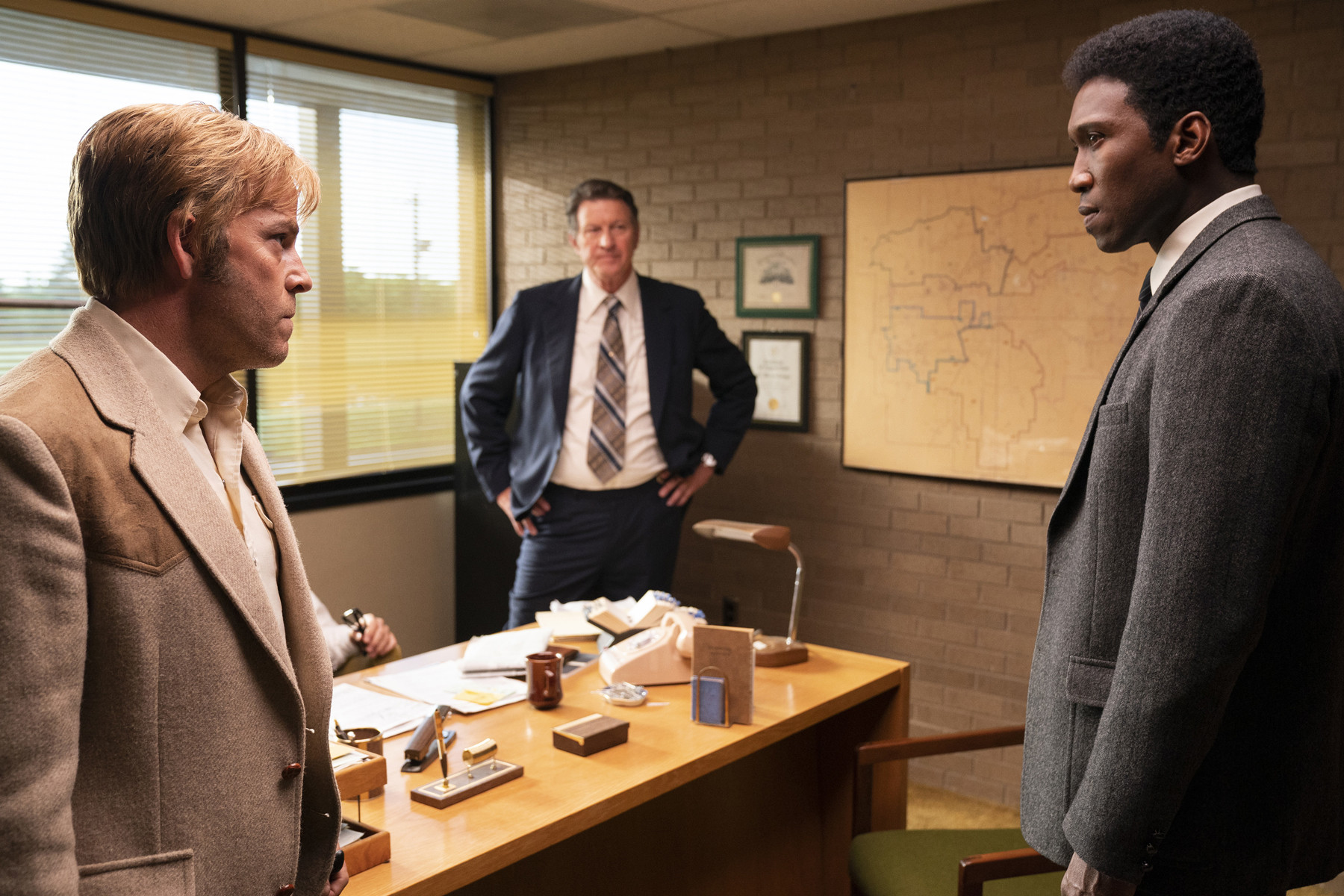
Gerald Kindt — So the attorney general was not involved in a massive conspiracy and cover-up designed to protect the Hoyt family? He was just a convenient idiot? He wasn’t even being paid to pin Will’s murder on Woodard and later Tom Purcell? He just did it because they were ideal scapegoats? He wasn’t interested in corruption or justice? He just didn’t care?! That was a complete waste of character actor Brett Cullen.
That final scene — If there was a “twist” in True Detective, it was the final scene set in the jungle of Vietnam, which essentially reframed the entire narrative. I understand its purpose — to illustrate that the entire season was about a man with PTSD trying to outrun his past — but to drop that as the final scene felt both dismissive and clunky, like a one-sentence “Oh yeah! I almost forgot” epilogue dropped at the end of a 800-page novel. It often felt like Pizzolatto was using Hay’s Vietnam past as a convenient way to keep his character from talking about the past, but in the end we learn that his troubled Vietnam past was the whole point of the entire character. It’s a very Norman Mailer thing to do, and that’s neither an insult nor a compliment, but it is frustrating.
Still, despite the litany of complaints I had with the season finale, I liked it, mostly because I was prepared for it. Season one of True Detective taught us a valuable lesson about not expecting too much from the finale. Maybe season three will teach us all not to read the clues so deeply in season four, but I doubt it.






